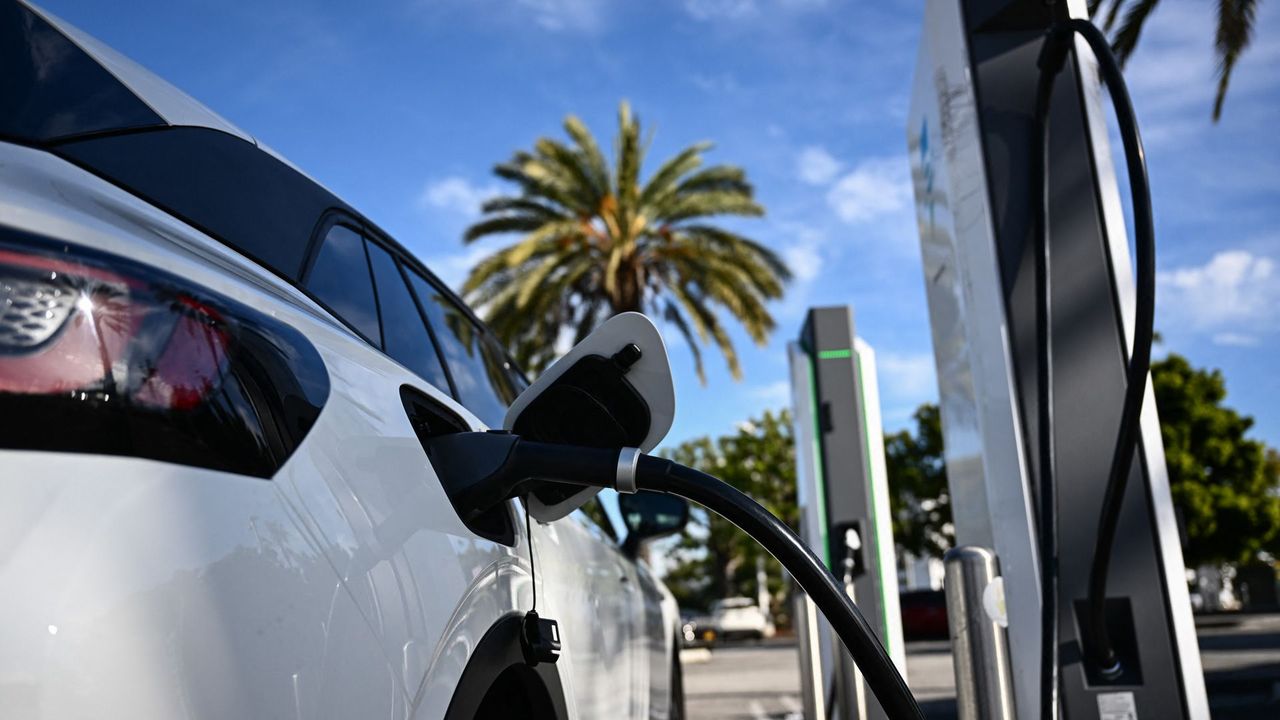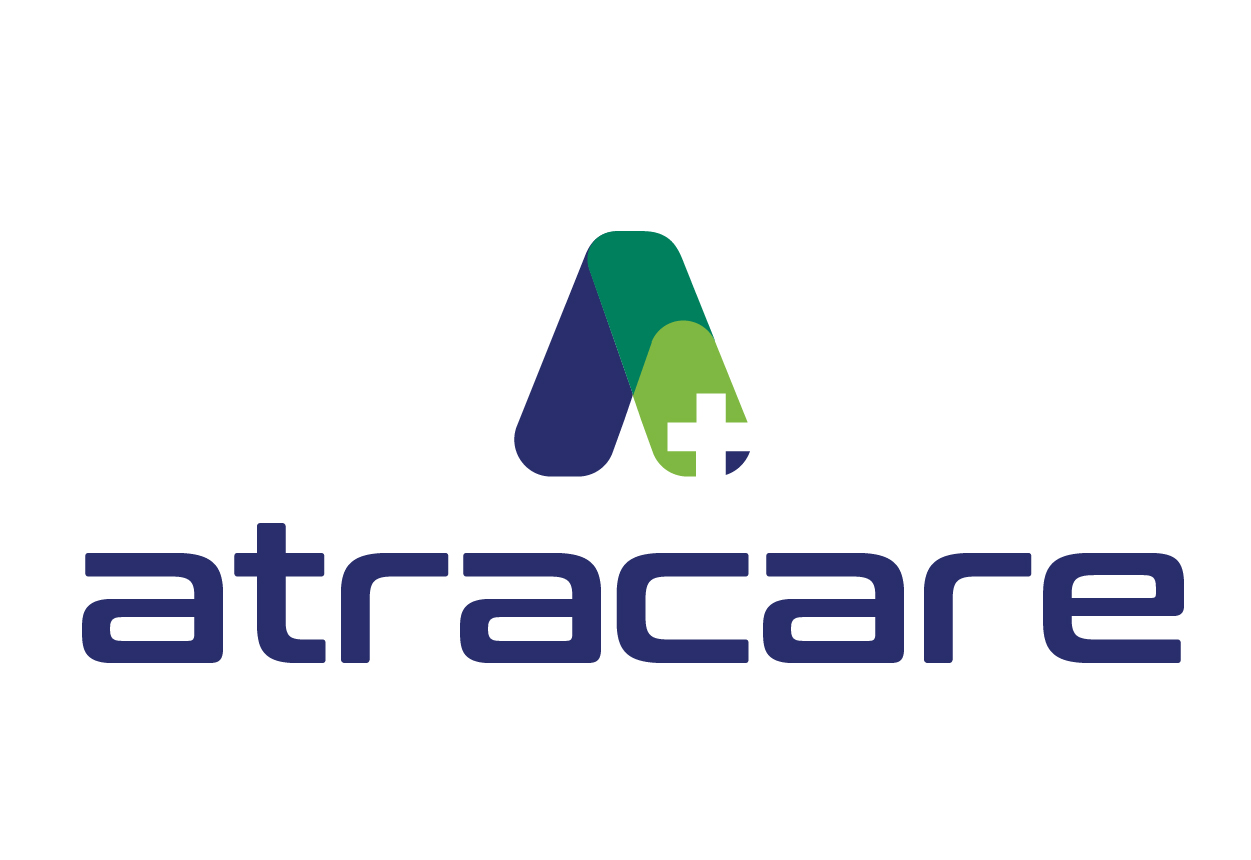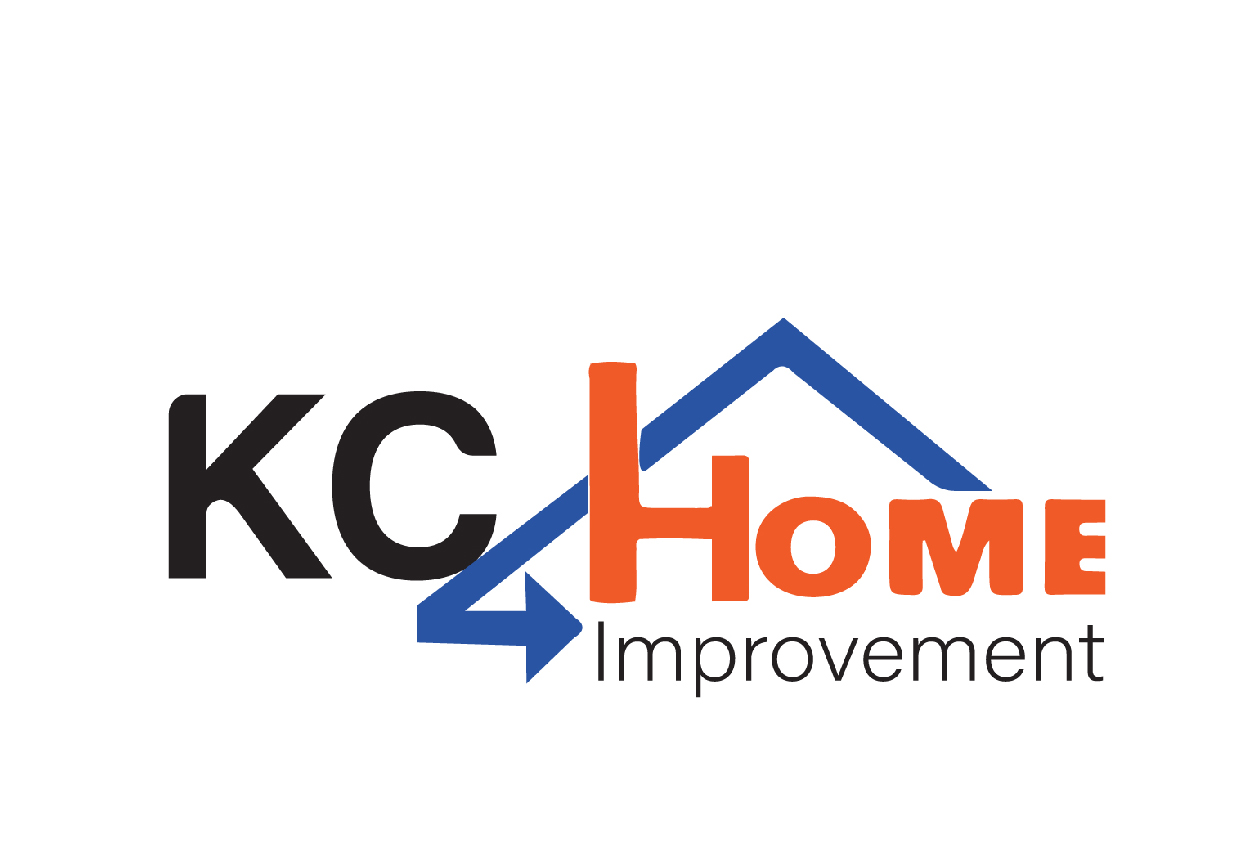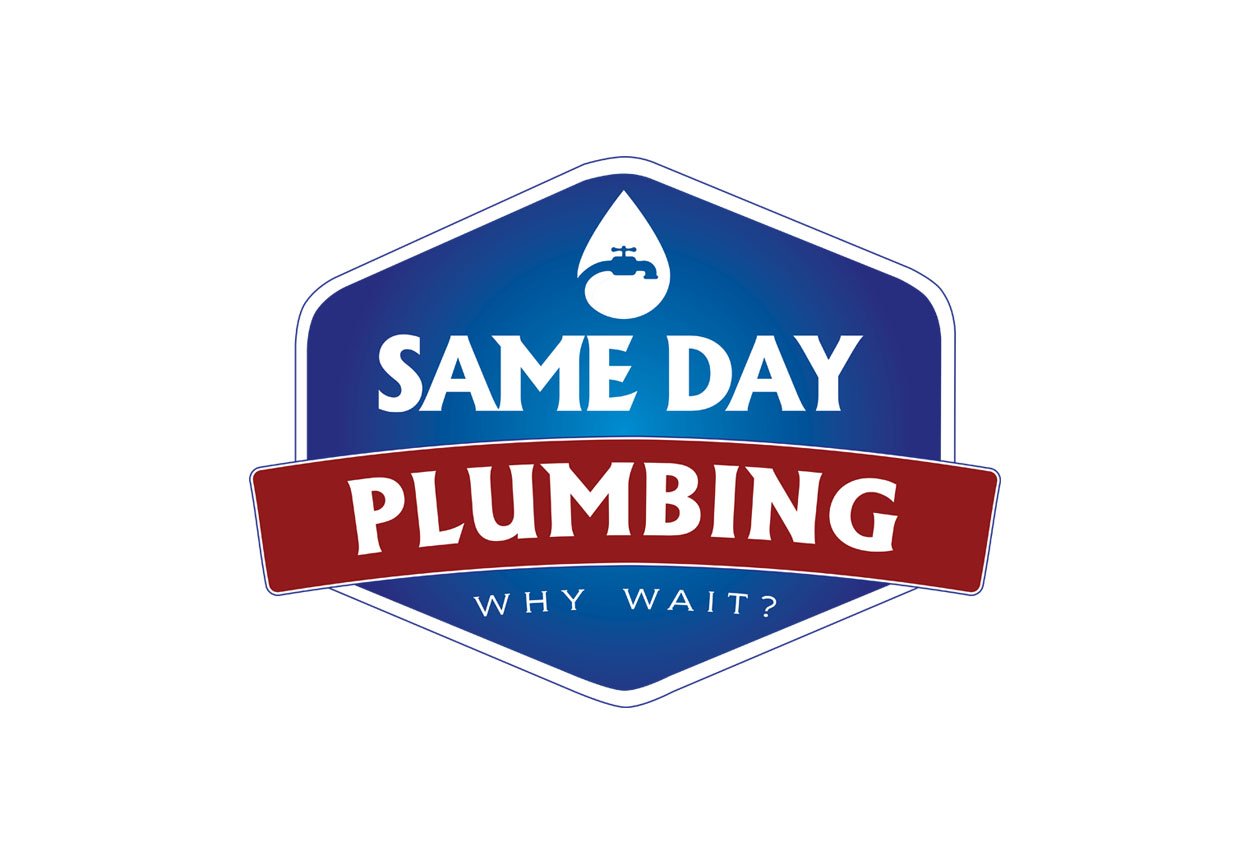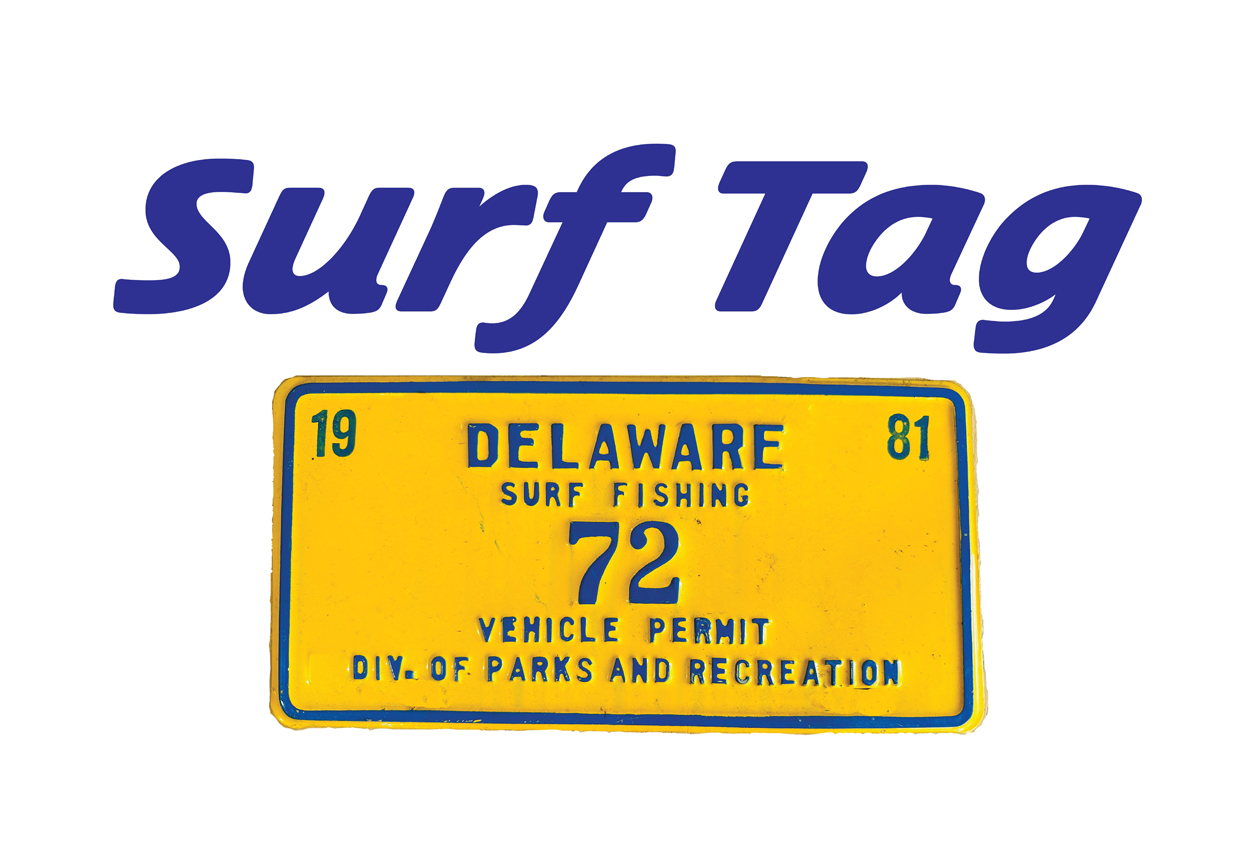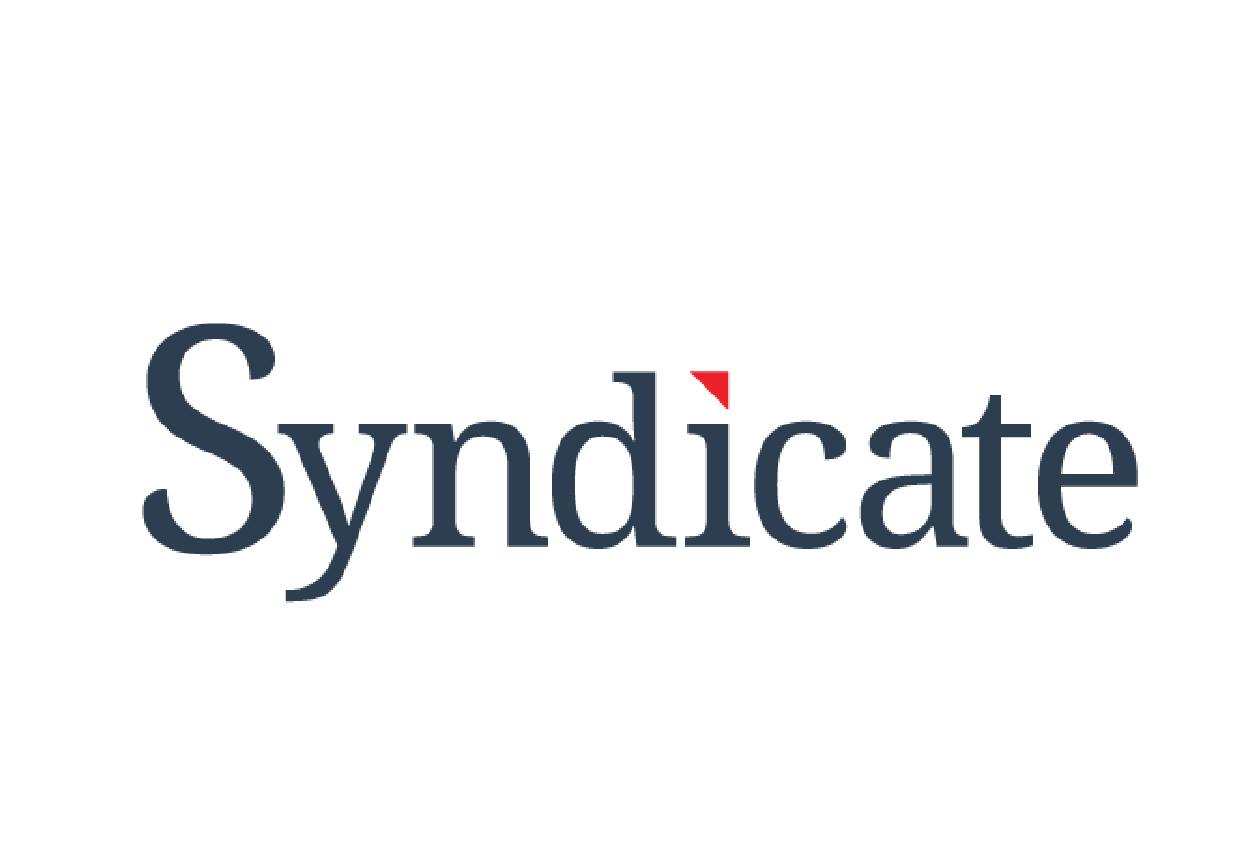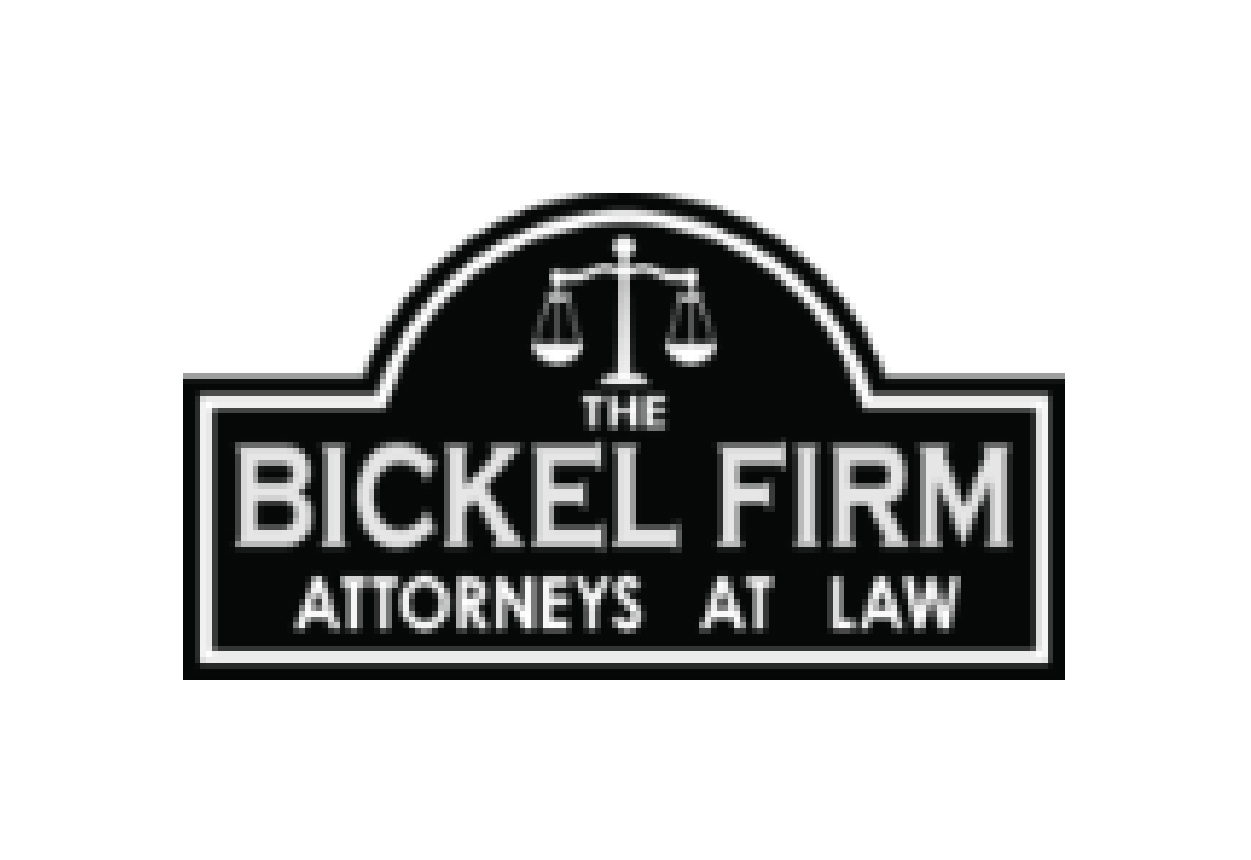Delaware’s Electric Vehicle and Clean Energy Incentives: Save on Your Next EV and Charging Station
Delaware is leading the charge toward a cleaner, more sustainable future by offering a variety of incentives for electric vehicle (EV) ownership, charging infrastructure, and emissions reduction programs. With substantial rebates on new and pre-owned EVs, support for public and multi-family dwelling EV chargers, and initiatives to reduce emissions in heavy-duty vehicles, Delaware is making the transition to green energy more accessible for residents and businesses alike. Whether you’re looking to buy an EV, install a charging station, or reduce emissions in your fleet, Delaware has incentives to help make these eco-friendly choices more affordable. Read on to discover how you can benefit from Delaware’s green energy programs.
Delaware Clean Vehicle Rebate Program
Delaware’s Clean Vehicle Rebate Program incentivizes the shift to electric vehicles (EVs) with rebates for new and pre-owned EVs and Plug-In Hybrid Electric Vehicles (PHEVs). Here’s a breakdown of available rebates as of May 1, 2024:
- New EVs:
- MSRP < $40,000: $2,500 rebate
- MSRP $40,000-$50,000: $1,500 rebate
- New PHEVs:
- MSRP < $50,000: $1,000 rebate
- Pre-Owned EVs:
- Purchase price < $40,000: $2,500 rebate
- Pre-Owned PHEVs:
- Purchase price < $40,000: $1,000 rebate
Rebates are available for up to six vehicles per organization for businesses, non-profits, government entities, and educational institutions. Applications can be submitted at the dealership or within 90 days post-purchase.
EV Charger Rebates for Public, Fleet, and Workplace Use
Delaware supports the expansion of EV charging stations by offering rebates for Level 2 EV chargers for public, workplace, and fleet use. Eligible entities can receive up to $5,000 for dual-port chargers, applied on a first-come, first-served basis.
Multi-Family Dwellings Charger Rebates
Multi-family properties are also eligible for rebates on dual-port Level 2 EV chargers, with up to $7,000 per charger available and increased incentives for underserved communities.
Medium- and Heavy-Duty (MHD) Emissions Reduction Grants
Delaware’s Department of Natural Resources and Environmental Control (DNREC) provides funding for emission reduction in MHD on-road and limited off-road vehicles. Part of Delaware’s share of the Volkswagen Environmental Mitigation Trust funds these initiatives, which include fleet upgrades and emission control technology.
National Electric Vehicle Infrastructure (NEVI) Planning
Delaware Department of Transportation (DelDOT) submits annual EV Infrastructure Deployment Plans to the U.S. Department of Transportation. The NEVI funds help expand EV charging along major highways to establish a robust, seamless network.
Additional Incentives and Laws for Clean Energy in Delaware
- Idle Reduction Weight Exemption: MHD vehicles with idle reduction technology may exceed weight limits by up to 400 pounds.
- Vehicle-to-Grid Energy Credit: EV owners who discharge energy to the grid can earn kilowatt-hour credits at their charging rate.
- Public Utility Exemption: Private entities managing EV charging stations are exempt from utility regulations.
- Electric School Bus Acquisition Requirement: Beginning in 2025, Delaware will require a progressively higher percentage of school buses to be electric, aiming for 30% by 2030.
- Climate Action and Clean Transportation Goals: Delaware’s Climate Action Plan includes a target of 17,000 EV sales annually by 2030, requiring new residential developments to provide EV-capable parking spaces from 2024.
Tax Credits for Electric Vehicles Purchased in 2022 or Earlier
If you bought a new, qualified plug-in electric vehicle (EV) in 2022 or earlier, you may be eligible for a Clean Vehicle Tax Credit of up to $7,500 under Section 30D of the Internal Revenue Code. Here’s how the credit works and who qualifies:
- Credit Calculation:
- Base Credit: Starts at $2,917 for EVs with a battery capacity of at least 5 kilowatt hours (kWh).
- Additional Credit: Receive $417 per kWh for each kWh over 5 kWh, up to a maximum credit of $7,500.
- Nonrefundable Credit: This means you can only claim it up to the amount you owe in taxes; excess credit cannot be carried into future tax years.
- Eligibility Criteria:
- Vehicle must be purchased for personal use (not for resale) and used primarily in the U.S.
- Must have an external charging source and weigh less than 14,000 pounds.
- Manufactured by a company that hasn’t sold more than 200,000 EVs in the U.S.
- Special Requirements for Vehicles Purchased After August 16, 2022:
- If you purchased and took delivery of a qualified EV between August 17, 2022, and December 31, 2022, it must meet an additional requirement of final assembly in North America. Check eligibility through the Department of Energy’s VIN Decoder tool.
- Claiming the Credit:
- File Form 8936, Clean Vehicle Credit, with your 2022 tax return, including your vehicle’s VIN. If you missed claiming a credit for an eligible vehicle purchased before 2022, you can file an amended return for that year.
- Additional Notes on Purchase Dates and Contracts:
- If you entered a binding contract to buy an EV before August 16, 2022, but took delivery afterward, you can apply the credit based on the previous rules.
- Contracts meeting specific legal criteria, such as a significant non-refundable deposit, may secure eligibility for the credit.
- For vehicles bought but not delivered by December 31, 2022, refer to guidelines for credits on new EVs purchased in 2023 and after.
Claiming the Credit
To claim this credit, you must file Form 8936, Clean Vehicle Credit, with your 2022 tax return, and include your vehicle’s VIN. If you missed claiming a credit for an eligible vehicle purchased before 2022, you may file an amended return for that specific tax year.

